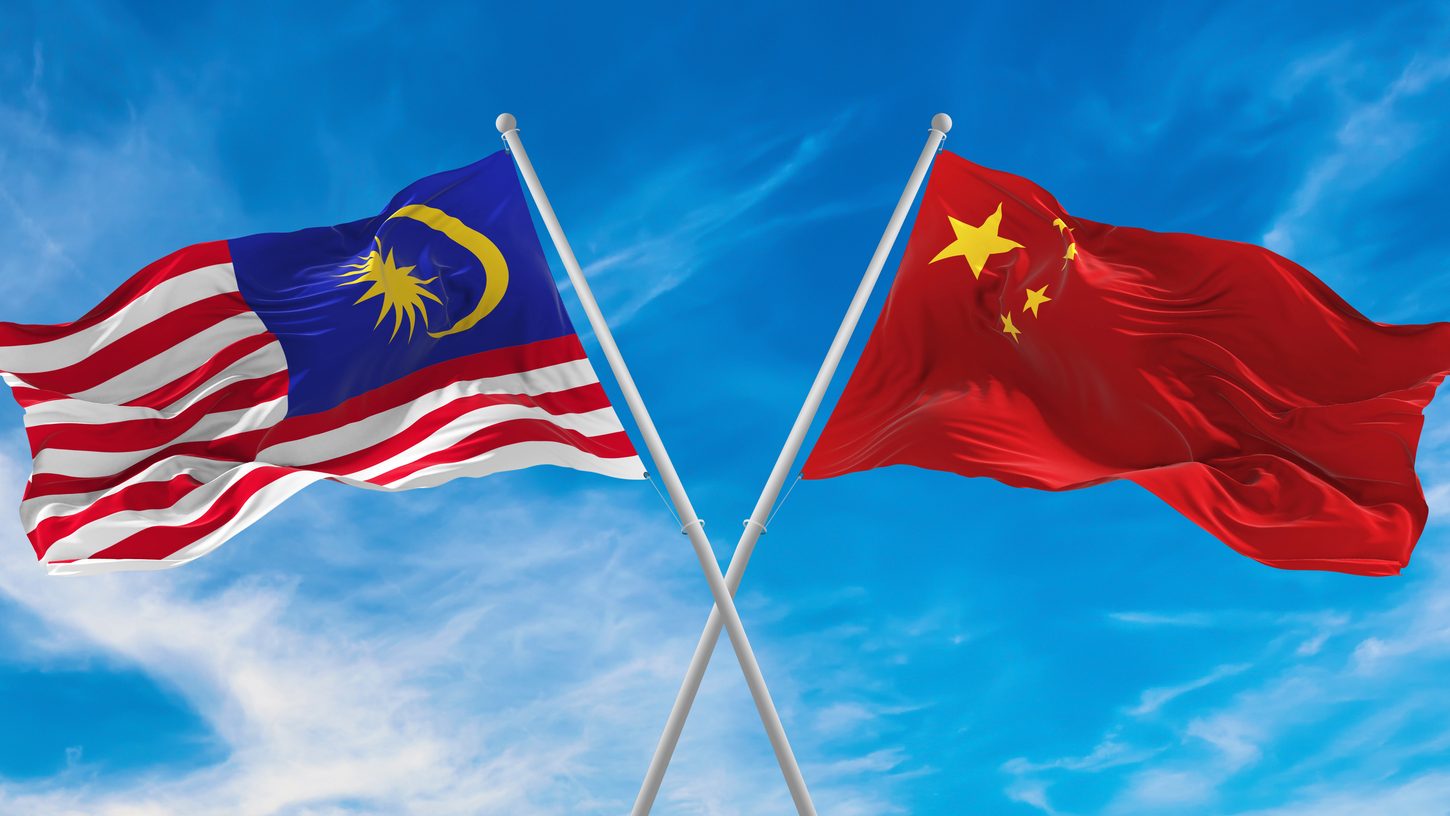MALAYSIA: In a bold move that has sparked international attention, China has demanded that Malaysia halt all operations in a disputed oil-rich region off the coast of Sarawak.
This demand, conveyed through a protest note delivered to the Malaysian embassy in China, underscores the escalating tensions over overlapping territorial claims in the South China Sea.
The document leaked to the Philippine Daily Inquirer accuses Malaysia of infringing upon areas delineated by China’s controversial 10-dash line, a cartographic representation of its expansive claims in the South China Sea.
China discontented with Malaysian explorations
Specifically, Beijing expressed discontent with Malaysia’s exploration activities near the Luconia Shoals, a region known to Malaysians as Gugusan Beting Raja Jarum but claimed by China as part of its sovereign territory.
Despite the geographical proximity of the shoals to Sarawak, which is less than 100 km away, and their distance from mainland China, which exceeds 2,000 km, China insists on its sovereign rights and maritime interests in the area.
The Chinese foreign ministry, in its note, reiterated its call for Malaysia to halt all activities in the disputed waters immediately.
This development comes at a time when Malaysia’s Prime Minister Anwar Ibrahim has been adopting a more conciliatory approach towards the Red Dragon, describing it as a “true friend” and emphasizing mutual benefit and engagement.
Backlash in Malaysia
However, Anwar’s recent statements suggesting a willingness to negotiate China’s territorial claims have sparked domestic backlash, with opposition leaders questioning the government’s stance on national sovereignty.
The South China Sea, a region rich in natural resources and a critical maritime corridor, is the subject of overlapping claims by several nations, including Brunei, Taiwan, Indonesia, the Philippines, and Vietnam.
China’s assertive actions in the area, including the controversial nine-dash line claim declared illegal by the Permanent Court of Arbitration in 2016, have heightened regional tensions.
As Malaysia’s national oil company, Petronas, continues its operations in the exclusive economic zone and the Luconia Reefs, the latest warning from China adds a new layer of complexity to the diplomatic dance between the two nations.
The situation highlights the delicate balance Malaysia must maintain between its economic interests and territorial integrity, as well as the broader implications for regional stability and international law.
Will PM Anwar Ibrahim give in to China’s demand?
The Associated Press (AP) reported that the Malaysian PM will not bow to demands by China to cease its oil and gas exploration in the South China Sea within the range of Malaysia’s waters.
“We have said that we will not transgress other people’s borders. They (China) know our position … They have claimed that we are infringing on their territory. That is not the case. We say no; it is our territory,” the AP report quoted Anwar as saying.
“But if they continue with the dispute, then okay, we will have to listen, and they will have to listen,” the report added what Anwar concluded about the matter.
Malaysia also states that even though Chinese ships have sailed near Malaysia’s waters, Malaysia rarely publicly criticises Beijing in the interest of protecting the economic ties between the two countries, as China has been Malaysia’s top trading partner since 2009.
Malaysia’s government will continue using diplomatic channels to reach out to China to resolve the issue of ocean and natural resources claims in the region.
Read related: Malaysians react to China’s warning to stop activities in oil-rich waters near Sarawak
Featured image: Depositphotos

